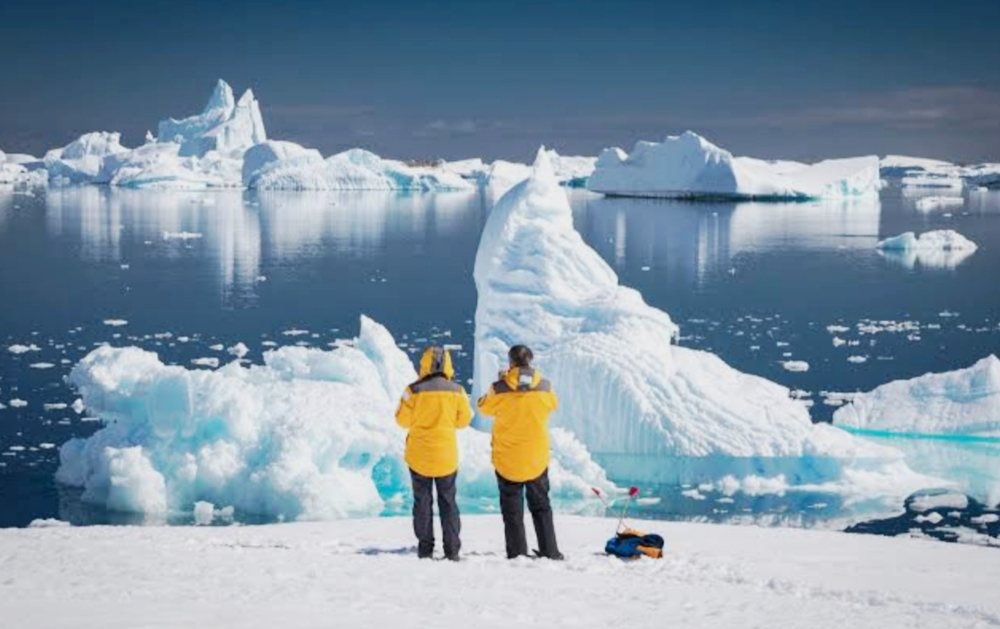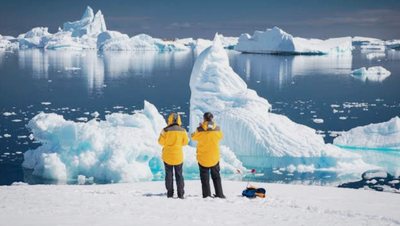
According to a new study published in the journal Nature, Antarctica is showing signs of passing critical points that could lead to sudden and irreversible changes in global sea levels, climate systems and biodiversity.
Researchers from the Australian National University (ANU) and the University of New South Wales (UNSW) have found that rising temperatures are causing a rapid chain reaction that is affecting the continent's ice, oceans and ecosystems. Of particular concern is the West Antarctic ice sheet: if it collapses, sea levels could rise by more than three metres, threatening coastal cities around the world.
These changes are not isolated; interconnected shifts such as the loss of sea ice and disruption of ocean circulation further amplify climate instability across the planet.
The study warns that even small increases in global temperatures are accelerating Antarctic instability faster than previously predicted. The decline in sea ice not only exposes ice sheets to collapse, but also reduces the ocean's ability to reflect sunlight, further amplifying warming.
The impacts on marine life are already visible: emperor penguins are experiencing mass die-offs of their chicks, while krill populations – essential to the food chain – are facing collapse.
The authors emphasize that, while international efforts within the Antarctic Treaty system are important, they are not enough. Only aggressive reductions in greenhouse gas emissions can prevent further catastrophic changes, making Antarctica a powerful warning to policymakers around the world.






















